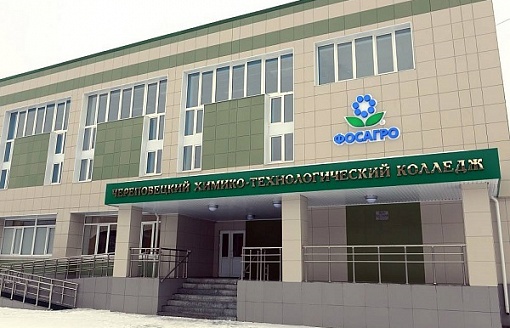URALCHEM, a Russian manufacturer of a wide range of chemical products, including mineral fertilizers and ammoniac saltpeter, has approved, through its Board of Directors, the Environmental, Social, and Governance (ESG) strategy until 2025. The document aims to provide a systematic approach to sustainable development and lay a foundation for further ESG business transformation. The ESG strategy is an integral part of the overall corporate strategy of Uralchem. The company plans to apply the principles of sustainable development to all its major business processes. The ESG strategy contains ten priority areas, which are divided into basic and new challenges. The basic directions have been fundamental for the sustainable development of the company for many years. New challenges reflect current global ESG trends, including climate change, sustainable agriculture, human rights and sustainable supply chain development. Each of the ESG strategy areas has quantitative and qualitative targets, based on which the Board of Directors will annually track progress in implementing the strategy. The strategy is focused on consistent improvements in environmental, social and corporate governance aspects. As part of the environmental aspect, special attention will be paid to the climate issue. In 2022, Uralchem plans to develop and approve a climate strategy that will help the company to get prepared for the introduction of the national and cross-border carbon regulation.
EURO-CHEM, the Switzerland-based global producer of commodity and specialty fertilizers, has acquired a 51.48% stake in the Brazilian company Fertilizantes Heringer. With this asset, the company can expand supplies to one of the most important markets for mineral fertilizers. Fertilizantes Heringer has 14 distribution units and makes a significant contribution to Brazilian agriculture, being the fourth-largest supplier in the country with a capacity exceeding 4 million tons per year. “After being approved by Federal Antimonopoly Service, this deal will allow EuroChem to improve reliability and service delivery to the entire Brazilian market, as well as expand sales of our product line of standard and premium fertilizers,” said Charles Bendaña, Head of the Sales and Distribution Department of EuroChem. “It will also improve our supply chain and logistics to cut expenditures of our customers in Brazil, as well as increase netbacks for all our manufacturing facilities around the world. With our recent acquisition of Fertilizantes Tocantins and Serra do Salitre, the current deal will strengthen our leadership both domestically and abroad.”
PHOS-AGRO, a Russian chemical holding company producing fertilizer, phosphates and feed phosphates, has approved the draft budget for the next year. PhosAgro CEO Andrey Guryev reports that the approved budget confirms a long-term course of the company aimed at maintaining high growth rates through further expansion and modernization of production facilities and strengthening the position of one of the most efficient producers of mineral fertilizers in the world. “We continue implementing a large-scale investment program as part of the development strategy until 2025,” Mr. Guryev commented. “The total volume of capital investments for the next year is expected to reach 52.5 billion rubles (approximately $713.4 million), except overhauls. Key projects include the final stage of construction of a modern complex for the production of phosphorus fertilizers in the city of Volkhov, further development of the mining segment, the start of construction of a new ammonia-carbamide complex in Cherepovets, and an increase in production by Balakovo branch of Apatit. These and other projects will be considered as part of the updated development strategy until 2025 by the Board of Directors next spring.” Reporting on the results of 2021, the CEO of PhosAgro noted that despite challenging epidemic conditions, the company continued to increase production volumes. It’s expected that by the end of the year, the output of finished products will reach 10.5 million tons (+3% to the level of 2020). Thus, a new production record will be set in PhosAgro’s anniversary year.




